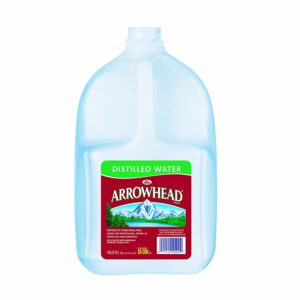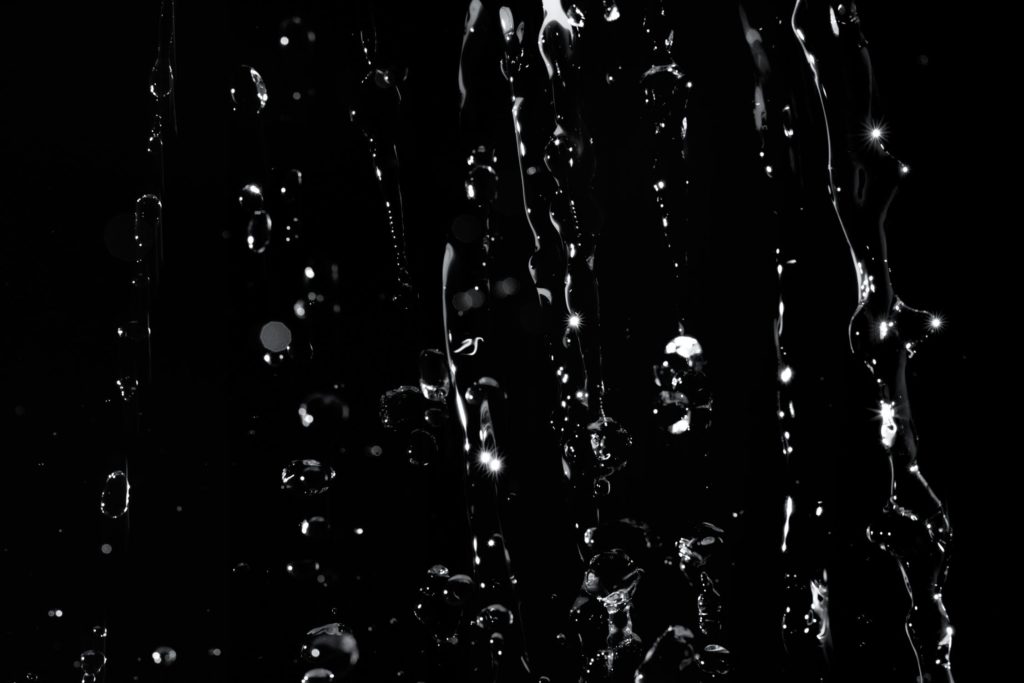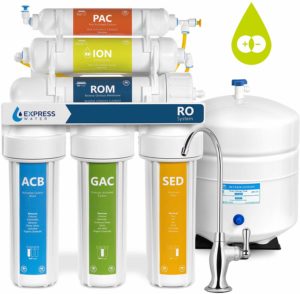Which Water Will Work?
Are we really going to discuss water? Yes.
Water is the main ingredient in all meads even more so than honey. If the water tastes high in chlorine, calcium, magnesium, or sulfur guess what? Your mead likely will too. Start with something you like the taste of or you can’t detect the taste, other wise you’re probably wasting six months on something that will taste “off”.
While true there’s only one type of water H2O, most water will have impurities. Chances are no matter where you end up getting your water you are not going to be using absolutely pure H2O unless you have access to some very high end filtration equipment. You don’t need high end equipment though any of these will product a quality mead and they all have advantages and disadvantages. I’m going to try to help you pick the right water for you… Also this may get boring…
Tap Water

Most tap water will contain differing amounts of Calcium, Magnesium, Sodium, Sulfur, and assorted other minerals which will alter you’re resulting tastes. Even if you like your local tap water these minerals won’t be consistent with ever batch. Which means you would never have a consistent product, each batch will be unique.
You can take advantage of the impurities in the water you have easy access to. It’s commonly thought that New York pizza gets a lot it’s flavor from the high levels of calcium and magnesium in their water. Similarly you can use your local water to for any brewing and it will take on the local properties. Many beer breweries will add minerals to beers to recreate water from certain regions.
The main issue I have with using any tap water is the mineral composition will very with every batch so if you make a particularly good batch you’ll never be sure if a future batch will match it. If you aren’t concerned about the differences in flavor there’s nothing wrong with making mead using tap water.
Distilled Water

For years distilled water was my preferred water for anything brewing. Which meant I was buying a half dozen gallons of bottled distilled water ever time I brewed. Distilled water is water that has been boiled into water vapor then condensed back into water in a separate container just like you would with a liquor still. Which the process names being the same probably gave it away.
The major benefit of distilled water is anything that doesn’t vaporize below 212°F (100°C) will not remain in the new water. What’s left in the original vessel will mostly the minerals you would find in all tap water. Those left over minerals are what would give the water most of it’s flavor.
The post distillation water will be fairly close to straight H2O and will have almost no discernible flavor. The benefit of a flavorless water is that it will not contribute to the flavor of your finished product. Flavorless water means you can control the minerals in your mead. If you would like specific mineral profile you can add what you need to create your flavor. Until you understand the affects of different minerals I suggest just brewing with straight distilled water.
Reverse Osmosis Water (RO Water)
A few years I installed an under sink reverse osmosis system because Phoenix’s tap water is an acquired taste that I’ve never acquired. It had an add benefit of providing me with easy access to a large supply of excellent filtered water for brewing. Most of what I make on this site I will make using RO water. Not because it’s the best, that mostly opinion based, but because it’s what works best for me.
Reverse Osmosis is a filtration process where tap water in forces through a series of semipermeable membranes down to the micron level. This will remove most minerals as well as many chemicals, and biological materials. The benefit of always having brew ready water on hand. This is the system installed and it’s worked well: https://amzn.to/2GLr9Ci
The water quality you will get from distilled and Reverse Osmosis in my opinion will be almost identical. I found no loss in quality from switch from distilled to RO. Many large breweries use RO such as Four Peaks here in Arizona. The large breweries while use the RO process the filter the water then add minerals back to create the brew they are looking for.
What Water?

The choice is yours but from personal experience I suggest starting with distilled water. You can buy distilled water by the gallon at most grocery stores or some department stores for a few dollars a gallon. In small batches unless you just want one or have one an RO system will be overkill. If you feel like you have to much left over plastic don’t like having to bring home gallons of water, or don’t like your tap water then invest in an RO system.

